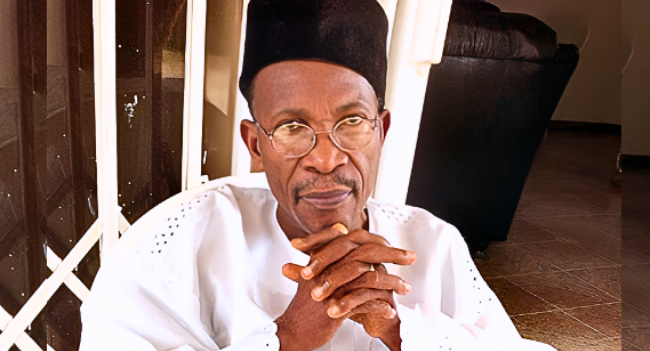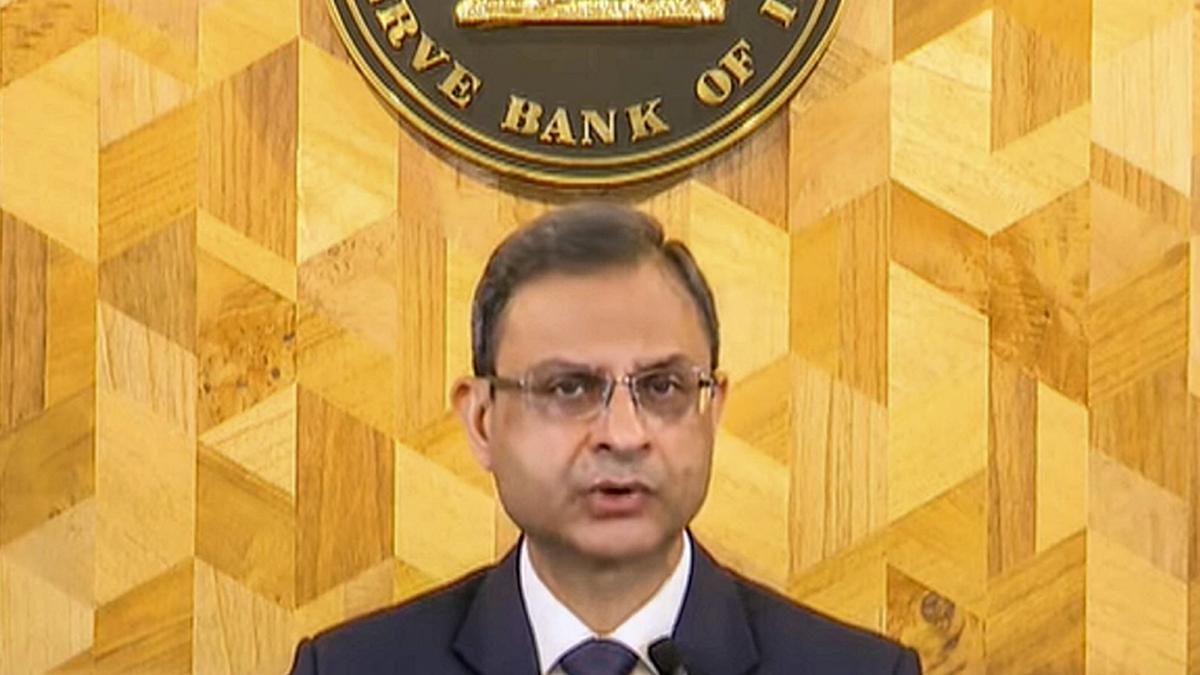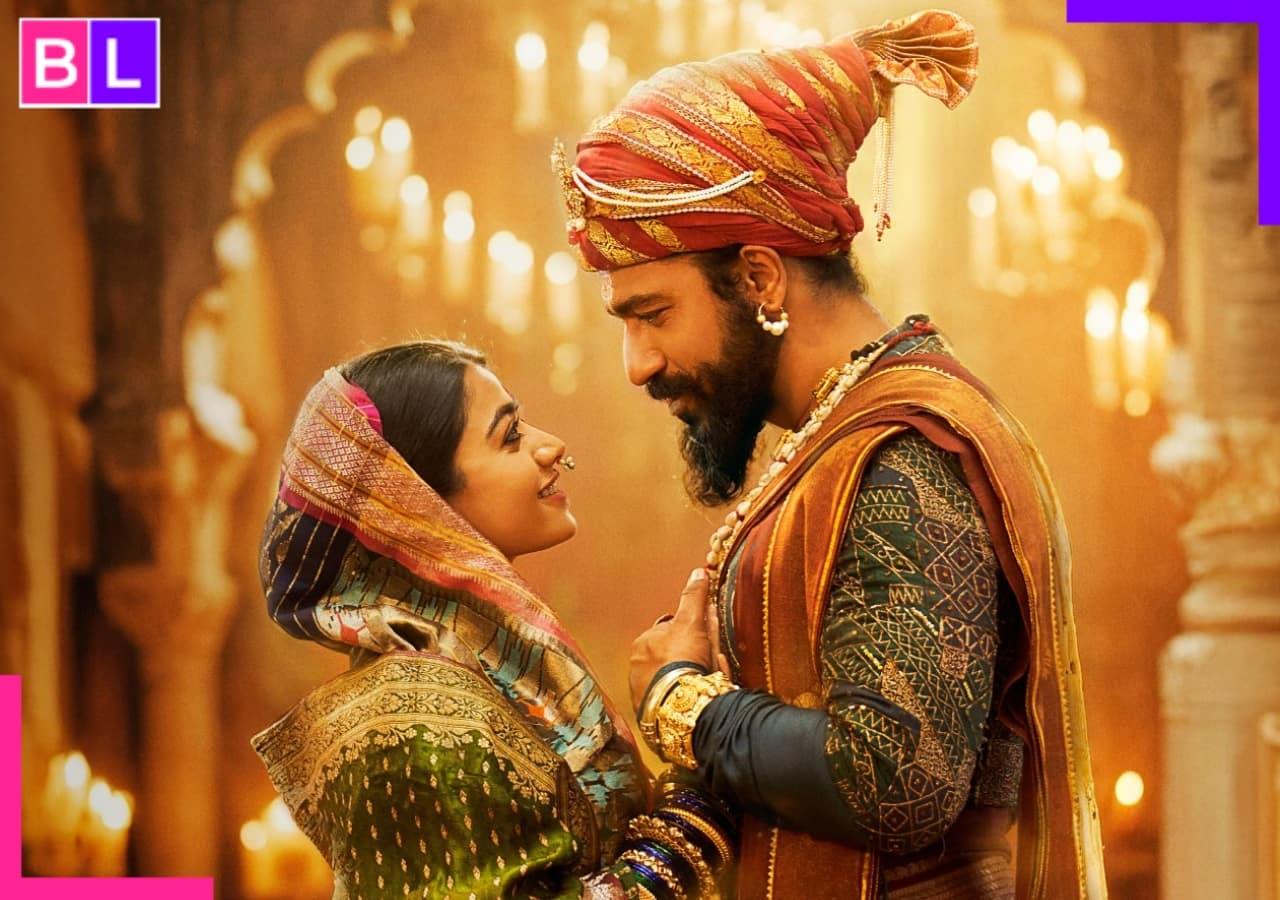Frank Kokori, a labour union leader who spent four years in jail under military rule for leading a devastating oil and gas workers’ strike in 1994, died on Thursday at a hospital in Warri, Delta State. His death, after a protracted battle with kidney-related ailments, came on his 80th birthday. The strike by the Nigeria Union of Petroleum and Natural Gas Workers (NUPENG), of which Mr Kokori was the secretary general, and the Petroleum and Natural Gas Senior Staff Association of Nigeria (PENGASSAN) was in support of the clamour for the validation of the annulled 12 June 1993 presidential election and the release of the winner of the election, Moshood Abiola, from detention.
Tributes have since appeared from different quarters in praise of Mr Kokori’s pivotal role in that struggle that was eventually instrumental in ending 29 years of military rule in Nigeria (January 1966 – October 1979 and December 1983 – May 1999) and opening the gates to the Fourth Republic.
In his condolence message, President Bola Tinubu described Mr Kokori as “a thoroughbred democrat and activist.” The president, who was also in the vanguard of the pro-June 12 struggle, added: “He fought for democracy at a great personal cost. He surrendered his liberty to fight for truth and justice. He was the finest among reformers and champions of civil rights in Nigeria.”
In a message posted on X (former Twitter), Minister of Aviation and Aerospace Development, Festus Keyamo, described the deceased as his “mentor and guide” and recalled his ordeal in prison under the Abacha junta. “When Frank Kokori was in solitary confinement in Bama prisons for his struggle for the restoration of the June 12 mandate nearly 30 years ago, I personally represented him in various courts, fighting for his freedom,” Mr Keyamo said.
The Nigeria Labour Congress (NLC), in a statement by its national president, Joe Ajaero, described Mr Kokori as a “dogged and fearless fighter” who gave his all for the cause of democracy and workers’ rights in Nigeria. For his stoic and heroic struggle for the enthronement of democracy, he was arrested and detained by the military alongside other labour leaders for spells of time under inhumane conditions,” the union said.
1993-98 political impasse
The 12 June 1993 presidential election was to culminate in an elaborate political transition programme of the Ibrahim Babangida military government. Mr Babangida, who seized power in a palace coup on 27 August 1985 from General Muhammadu Buhari, initially said the programme would lead to the birth of the Third Republic in 1990 but later extended the programme to 1992. He had created two political parties after the National Electoral Commission, acting under his guidance, found none of the dozens of political associations formed by politicians suitable for registration. By the end of 1992, elections had been conducted for all executive and legislative offices and seats at the state and federal levels, save for the president.
For the presidential election, a snag first appeared in the primaries of the two official parties, the little-to-the-left Social Democratic Party (SDP) and the little-to-the-right National Republican Convention (NRC). While the results were still being processed by the parties, the military government cancelled the primaries, citing widespread malpractices. It banned all the aspirants who participated in them and directed the two parties to conduct new primaries that would be open to new aspirants only. The junta then again shifted the terminal date of the transition programme to the eighth anniversary of its 27 August 1985 coup. While the date for the presidential election was moved to the second quarter of 1993, the elected state and federal and state lawmakers were inaugurated in December 1992 and the governors the following January. This introduced a diarchy in which the military president was the only unelected person among the political office holders. Close watchers of Mr Babangida, long dubbed Maradona for his deft dribbling of teammates and opponents alike, warned that a “hidden agenda’ was being executed.
And the horizon over the rescheduled presidential poll quickly darkened again in 1993. Early in the year, a group founded by controversial politician, Arthur Nzeribe, increased the tempo of its media campaign for the entrance of Mr Babangida as a candidate. Mr Nzeribe had participated in the 1992 presidential primaries under the NRC, but now said no other Nigerian was suitable to replace Mr Babangida as president. His Association for Better Nigeria (ABN) was largely ignored by the politicians and mainstream media, until two days before the presidential election on 10 June when the Abuja high court granted its application for an order for the electoral commission to postpone the poll.
After an uproar in Nigeria and receiving strong warning signals from the international community, the military government allowed the election to go on despite the court order. But eight days after the poll, with the results already collated at the state level showing Moshood Abiola of the SDP had won, Mr Babangida annulled the election. The contrived political impasse ignited mass protests in major cities across the country and an unprecedented level of civil resistance that grounded the country.
Mr Babangida had initially directed the two political parties to come up with a schedule for new presidential primaries and elections from which the two candidates of the 12 June poll would be banned. However, with the public mood hostile to any idea of a fresh poll, the dictator was forced to hand over to an interim government, led by Ernest Shonekan, which he charged with conducting the election within six months.
But the interim government proved just as powerless as Mr Babangida had been against the sweeping current of civil disobedience and was sacked within three months on 17 November 1993. However, its demise through another coup by Sani Abacha, a henchman and ally of Mr Babangida in a previous coup d’etat, only dragged Nigeria back into full-blown military rule. Mr Abiola and his supporters had initially welcomed the coup, in the expectation that Mr Abacha would reverse the annulment of the poll. However, it quickly became clear that Mr Abacha only wanted his turn as a military dictator. In the next five years until his death at the age of 54 on 8 June 1998, Mr Abacha unleashed a reign of terror on democracy advocates and activists. Mr Abiola was arrested after declaring himself president on 11 June 1994 and remained in jail until his death on 7 July 1998, a month after Mr Abacha’s death.
Kokori and oil workers’ strike
After his coup, Mr Abacha sacked all elected political officeholders and dissolved all the democratic institutions, including the federal and state legislatures, the two political parties and the electoral commission. Mr Kokori returned to his desk as the Secretary-General of NUPENG. He had juggled that role with that of Financial Secretary of the little-to-the-left SDP, with which the labour unions were allied – the president of the Nigeria Labour Congress (NLC), Paschal Bafyau, was a strong contender for nomination as running mate to Mr Abiola in the 1993 presidential election.
After voiding the presidential election, the military government tried to isolate Mr Abiola among the politicians and got his own SDP to nominate members of the interim government. Until Mr Abacha seized power and threw out all the elected officials, the struggle for the revalidation of the annulled poll mostly involved the media and pro-democracy activists.
The NLC was divided and could not provide direction. It was at this stage that Mr Kokori stepped forward to provide leadership by leading NUPENG and PENGASSAN in organising the nationwide strikes that crippled the oil industry, the country’s economic lifeblood. He also took part in rallies and demonstrations and helped build alliances among pro-democracy groups and individuals against the Abacha junta. The government eventually found Mr Kokori after a manhunt and threw him in jail where he stayed until Mr Abacha died.
A book, “Kokori: The Struggle for June 12” details the events before, during and after the election, up until the incarceration of Mr Kokori and the political fallout that followed. After his release from prison by the Abdulsalami Abubakar military regime, Mr Kokori continued to advocate for democracy. He was a member of the All Progressives Congress (APC) but was largely a forgotten figure, who had no visible role in the party or government. From his hospital bed on 9 November, Mr Kokori lamented that he had been neglected and abandoned to die despite his huge contribution to the democratic growth of the country.
NSITF
In 2017, President Buhari appointed him as Chairman of the Nigeria Social Insurance Trust Fund (NSITF). But the Minister of Labour and Employment, Chris Ngige, opposed the appointment over his status as a unionist. Mr Kokori was eventually reposted to chair the board of Michael Imoudu National Institute for Labour Studies in Ilorin. Kwara State.
Democracy Day
In 2018, President Buhari directed that Nigeria’s Democracy Day, marked every May 29 since 2000, be shifted to June 12 to honour Mr Abiola. Mr Kokori was ecstatic about the declaration of June 12 as Democracy Day and the honour done to Mr Abiola. President Buhari also conferred Mr Abiola with the nation’s highest honour, the Grand Commander of the Federal Republic (GCFR), an honour exclusively conferred only on presidents and former presidents.
Mr Kokori was ecstatic over the development. In a statement thanking the president, he said: “First of all I thank God for everything, I thank God that today the country has finally come to end that big controversy about June 12 and May 29. I thank the president for doing that, at least, at this time. He was the least person I actually expected to do this because we had expected that during the 8 years of President Obasanjo, with the pressure at that time, with Gani Faweyinmi still alive, with people like us still active, we thought he would declare that day the national democracy day and make it a public holiday.
“I am the happiest man in this country today because I now realise that the struggle we made, especially my union; NUPENG and PENGASSAN, was not in vain and most of us who suffered terrible deprivation at that time. I am happy to be alive this day. They even said it is above October 1 because that was the day that we really fought for freedom and I have always said it everywhere. I am one of the happiest people on earth today and I appreciate this government because it is this government that has come to realise the importance of that day.
“Before it used to be only Lagos and some Yoruba states that were recognising it, but now it is a national holiday. What good news for me and those of us who are still alive, who fought in that struggle in civil society and labour. I give a special tribute to my union; NUPENG and PENGASSAN. We suffered deprivation, just as people must suffer deprivation in struggle and some will pay the supreme sacrifice.
READ ALSO: NUPENG, labour leaders mourn Kokori
“This is to say that no matter how long injustice lasts, at the end of the day, goodness and truth will triumph. That is what has happened to us today. The significance for Nigerians is that it tells us that when you struggle for your country, such struggles are never in vain. Many have mocked us that we have been forgotten, they say those who never struggled for democracy are the ones enjoying our democracy today.
“Today we have been recognised and though I’m no more in the union, I will want NUPENG to get involved in this from now on; all June 12, NUPENG can come out and flaunt their muscles that they were the heroes and the arrowhead of that struggle.”
The man Kokori
Mr Kokori attended the University of Ibadan and the Institute of Social Studies, The Hague, Netherlands (ISS) where he bagged a master’s degree (M.A) in Labour and Development Studies in 1984. He was conferred with the fellowship of the Petroleum Training Institute (FPTI). For 22 years, he was the Secretary-General and Chief Executive Officer of NUPENG, one of Nigeria’s most visible trade unions.
He was a recipient of several national and international awards, such as the revered George Meany Labour/Human Rights Award by the American Federation of Labour/Congress of Industrial Organisation (AFL/CIO) for the most outstanding Labour Leader in the world in 1996 and the Febe Elizabeth Valasquez Trade Union/Human Right Award of the Dutch Labour Federation (FNV) for the most outstanding Labour Activist and Human Right Crusader in the world for 1998. He was declared a Prisoner of Conscience by the late Nelson Mandela and Pope Saint John Paul II in 1997.
Support PREMIUM TIMES’ journalism of integrity and credibility
Good journalism costs a lot of money. Yet only good journalism can ensure the possibility of a good society, an accountable democracy, and a transparent government.
For continued free access to the best investigative journalism in the country we ask you to consider making a modest support to this noble endeavour.
By contributing to PREMIUM TIMES, you are helping to sustain a journalism of relevance and ensuring it remains free and available to all.
Donate
TEXT AD: Call Willie – +2348098788999











